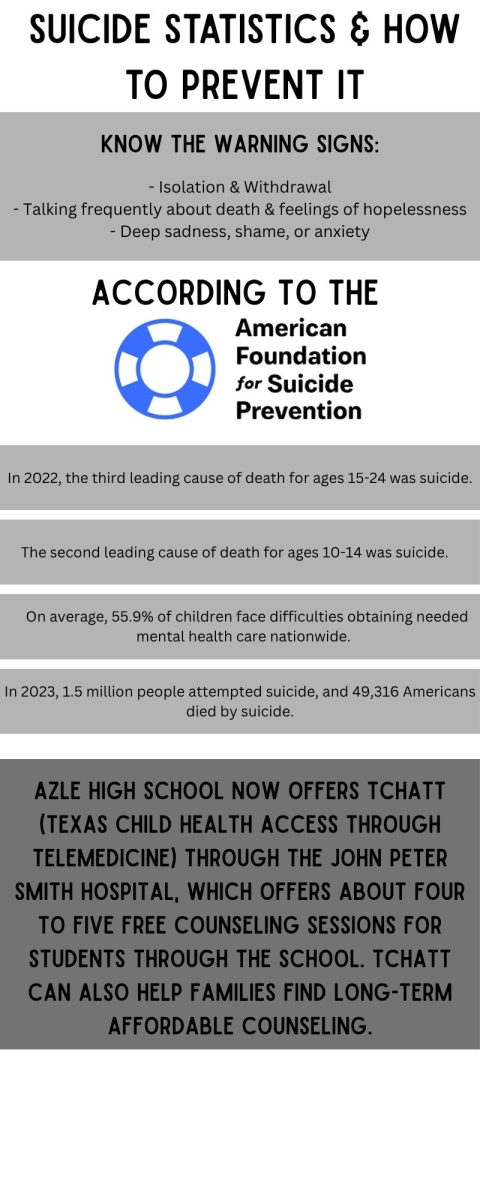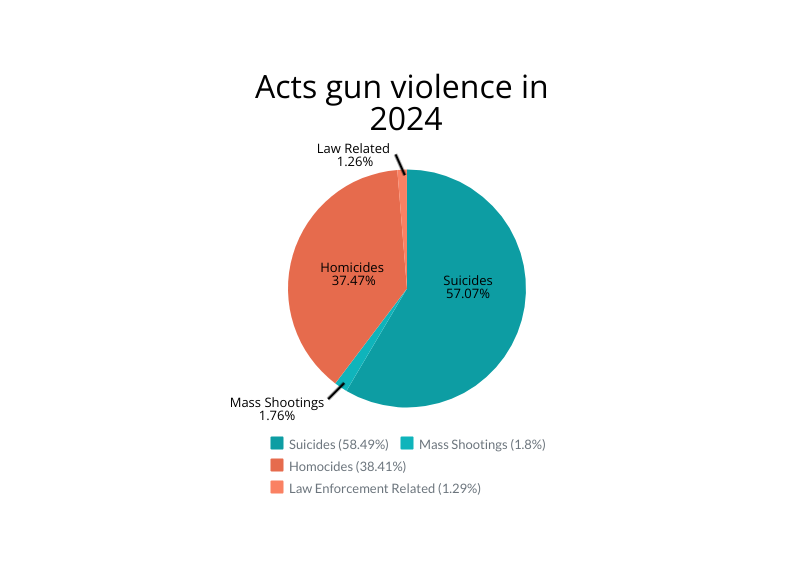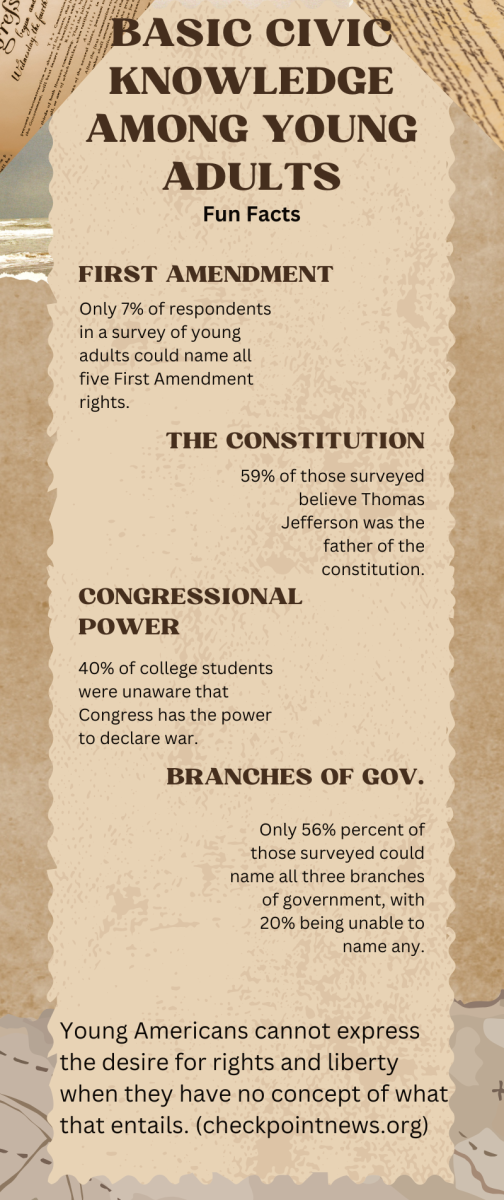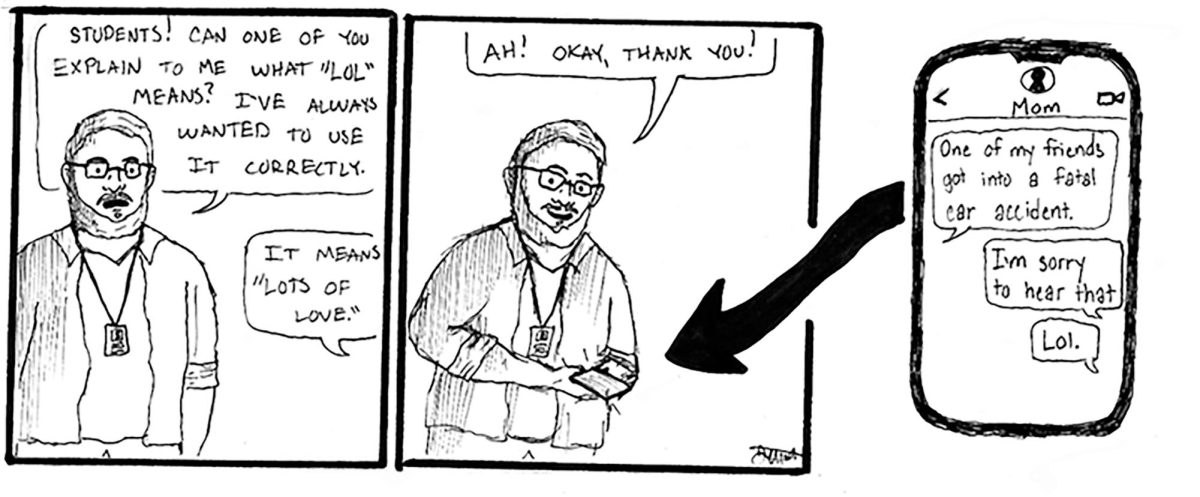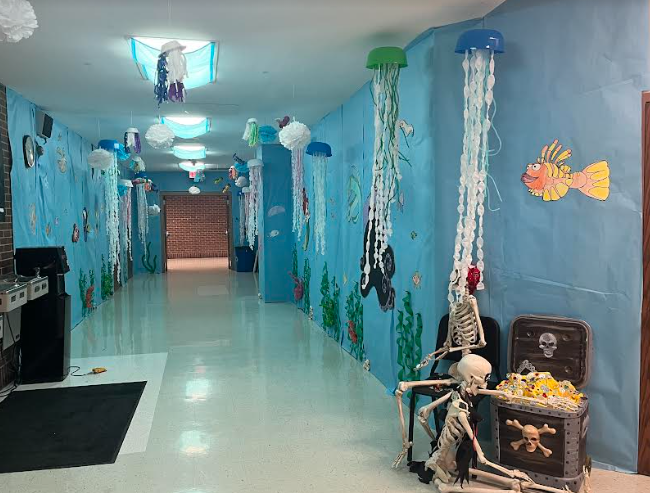Is College or University Worth it?
January 30, 2020
The United States has some of the best universities and colleges in the world. The majority of universities are costly and it usually leads to paying off student debt. Trade schools and community colleges should be more recognized.
Students need to think about going to trade and community schools to get their degree and not fall into student debt that could take decades to pay off.
Plenty of careers do not even ask for the academic requirement of a university degree. In a trade school, students still get degrees for a specific profession. A trade school, also called a technical school, is a school that prioritizes one specific career path. Students are offered hands-on training to prepare for the future. Such as a respiratory therapist, electrician, dental hygienist assistant and many more; all are good-paying careers without paying a ton of money.
Community colleges are also a place to consider. Students could get up to a bachelor’s degree depending on what school they attend. Similar to trade school, community college offers hundreds of different degrees for cheaper. The average cost of a trade school is only $33,000 and community colleges averages $4,932 a semester, which comes to $39,456 for a four-year degree or $19,728 for a two-year associate’s degree. That’s compared to $10,824 per semester for in-state schools or $25,620 a semester for out-of-state tuition, which comes to $86,592 and $204,960 for a four-year degree respectively.
Also with the fear of not being accepted into a dream university, because of not having a high enough SAT score, not meeting the academic threshold, or even not having a good high school record, students would not have to worry so much about being accepted to a trade school or a community college.
Even though students won’t have the experience of living in dorms with friends or staying on campus as they would at a university, scholars won’t have to be in school for more than four years. Students would get all of their specific classes done for the career course and not have to worry about required basic courses or elective requirements.
Four-year colleges and universities are what many students are told they need to strive toward, but students should consider alternatives to avoid paying for university if it ends up not being beneficial to their life in the real world.


